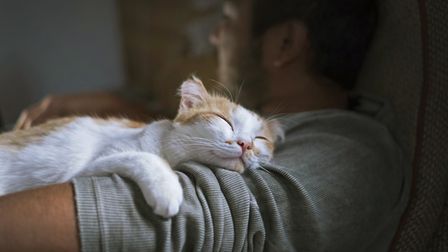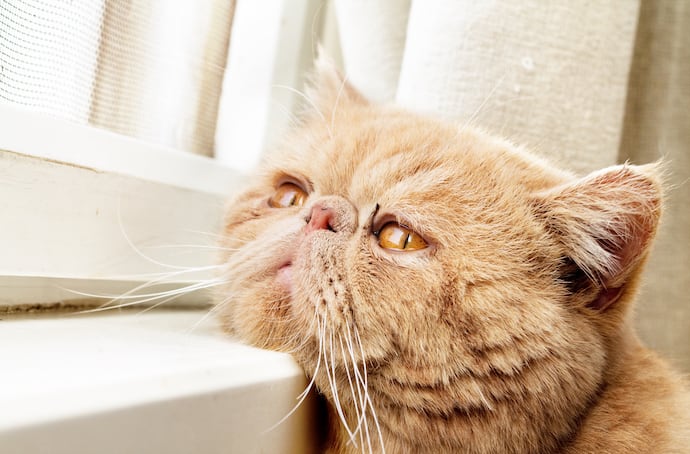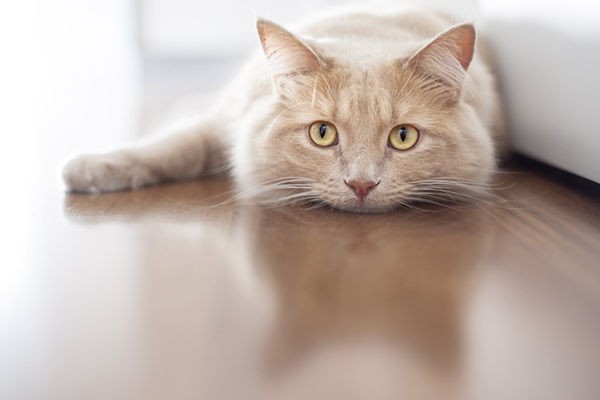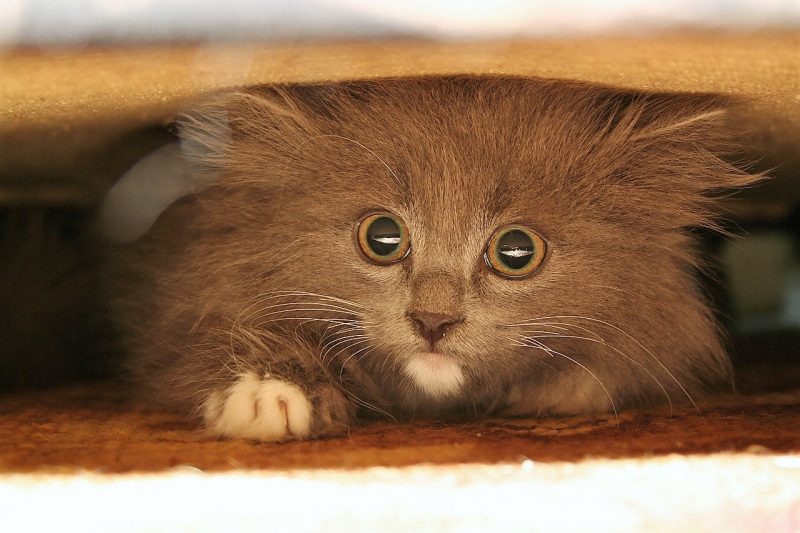Out of all the other risk factors, this is what could kill my cat? Surprisingly yes! We were just as shocked when we found out. We know the questions that may be spiraling around your head, and we will try our utmost best to answer all of them. So please sit back and let us enlighten you about all the how’s and why’s.
Pet owners are conventionally cautious about the ways any other creature could bring harm to their pet. Illness is also often taken as a matter requiring serious attention. However, what we often miss out on are the factors they come across every day, which might eventually lead to grave consequences. If you take the example of your cat becoming prey for wild animals, you can imagine it well enough. Nonetheless, it might not be a scenario based on realistic grounds for a pet cat. It is also often that we, as humans, can play little to no part in the protection of our pets against natural causes of death, such as an illness. What we can instead do is be heedful of what can be avoided.
Why are cats susceptible to anxiety?

Would you believe me if I told you a cat is as fragile as it is fluffy? They require and deserve not only your undivided affection but also care. Cats are naturally wired to be extra watchful of their surroundings. This makes their survival rate higher, albeit it makes them more vulnerable to the emotion of stress. This can ultimately accumulate to anxiety. Like humans, the mechanism to deal with and bear stressful states differ from cat to cat. Some cats are self-resilient while others, not so much.
All of us deem our pets to be the most unmatchable. Similar to how a mother always finds her child to be flawless in comparison to other kids. We don’t disagree either; having a pet is not so different from having a child, right? There are various subjects of comparability between pets and children. Most of all, pets, too, like children, look up to their owners. Over a short period, they develop a sense of trust towards their owners. To them, anything you do or provide them with is the court’s final statement. As heartening as it seems, it comes with great responsibility. We know you would go out of your way to provide comfort to your fluffy cuteness. All we aim to do is provide you with the guidance you may need.
What are the symptoms of anxiety in a cat?

Stress is an emotion that can prove to be mentally exhausting and physically damaging in long-term cases to both humans and animals. It can lead to an illness or be destructive to your cat’s immune system as well. Untreated stress over a stretched period is likely to make your pet highly anxious. As a result of this, you may find your domestic cat behaving similarly to a wild cat. Such red signals mustn’t be ignored or confused with the cat seeming ‘unusually upbeat’ or active. Conventionally, cats are skilled enough to hide and put on a façade of wellbeing. The reality, on the other hand, may be entirely contrasting.
Some of the most common symptoms that can be a sign of stress or anxiety in your cat are listed below;
- Cat flu
- Having a lower food intake than usual
- Rapid weight loss or weight gain
- Diarrhea
- Easily agitated
- Violence or aggressiveness towards other pets
- Violence or aggressiveness towards you
- Often found hiding
- Not using the litter box as per routine.
- Trembling
- Being on high alert ( being bothered by any slight sound)
What can cause a cat to be stressed or anxious?

To be able to sort out an issue, it is vital to know the reason behind it is. As we know from the previous read, cats are susceptible creatures. They are always on the lookout for signals of (what they presume to be) danger. For this reason, any change in the territory which they have marked as their own can be ground to giving the delicate little fellow anxiety. For example, changing your cat’s place of living, taking it on a trip, or to the vet are some situations that can be alarming for your cat.
In addition to this, the root cause of your cat being anxious may be either physical or psychological. An erupting illness or pain can be an example of the physical mainspring of anxiety in a cat. Not being able to understand or control what may be causing agony can be stress-inducing.
Psychological reasons must not be taken sparingly in comparison to the physical reasons for cat anxiety. Cats, like humans, are capable of being victims of psychological trauma. Any minor trigger that resonates with the damage’s time and the situation can cause the cat to associate the two conditions. Neglect towards the cat from its previous owners or abuse is two significant examples of such. Cats are creatures of habit and may even develop behavioral anxiety symptoms if they are departed from their owners for too long, out of routine. To illustrate this concept of cat separation anxiety, it is possible that your cat has gotten used to your presence all around the clock and starts to feel anxious when you have longer working office hours. Your cat might miss you to the point of apprehension.
What can I do about it?
To avoid your cat from having anxiety and another to ease, you will likely not have to go the extra mile. Even though we are sure you will have no reservations in having to do so. It would be best if you refrained from punishing the anxious little fellow for its habitual behavior. The solution to any problem lies in understanding the problem first and foremost! Consulting the vet might be your best go-to at such a provided time. In case of the underlying reason being psychological, an attempt to make the cat’s habitat more comfortable and relaxing might be all you need. However, in other cases, your cat may be prescribed anti-anxiety pills by the vet (as per requirement). These will help your cat become less anxious and irritated.
We hope reading this article is of help to you!
